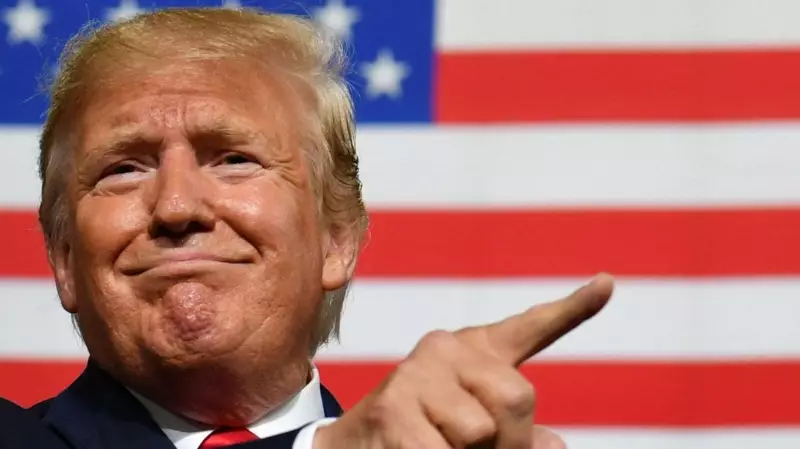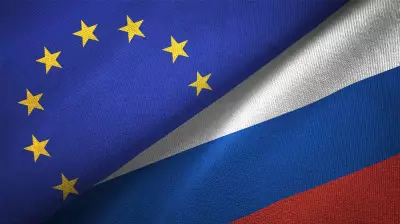
Venezuelan President Nicolás Maduro has issued a stark warning against what he calls a "crazy war" as the United States significantly escalates its military presence in the Caribbean region. The dramatic development comes amid growing tensions between Washington and Caracas, raising concerns about potential military confrontation.
Military Buildup Amid Political Standoff
The United States has been steadily increasing its naval and air assets in waters near Venezuela, deploying sophisticated warships and conducting military exercises that have put the Maduro government on high alert. This strategic military positioning represents the most significant show of force in the region in recent years.
Maduro's Defiant Stance
In a nationally televised address, President Maduro struck a defiant yet cautious tone. "We are not seeking conflict, but we are prepared to defend our sovereignty," he declared, while simultaneously appealing for dialogue and peaceful resolution. The Venezuelan leader emphasized his country's right to self-determination and warned against foreign intervention.
Trump Administration's Strategic Calculations
Analysts are closely examining the Trump administration's endgame in this high-stakes geopolitical confrontation. Several theories have emerged about Washington's ultimate objectives:
- Regime Change Strategy: Some experts believe the military pressure is designed to force Maduro's resignation and install opposition leader Juan Guaidó
- Negotiation Leverage: The buildup could be a pressure tactic to secure better terms in potential negotiations
- Regional Power Projection: Demonstrating US commitment to hemispheric influence amid growing Russian and Chinese presence in Venezuela
- Domestic Political Considerations: Bolstering Trump's strong-on-foreign-policy image ahead of elections
International Reactions and Regional Impact
The escalating situation has drawn mixed reactions from regional powers and international organizations. While some Latin American nations have expressed support for US efforts to pressure the Maduro government, others have condemned what they see as unwarranted interference in Venezuela's internal affairs.
The Organization of American States has called for emergency meetings, while United Nations officials have urged restraint from all parties involved. The European Union has positioned itself as a potential mediator, though its efforts have yielded limited success thus far.
Humanitarian Crisis Deepens
Behind the geopolitical maneuvering lies Venezuela's profound humanitarian crisis. The country continues to struggle with hyperinflation, food and medicine shortages, and massive refugee outflows affecting neighboring countries. The political standoff has complicated international relief efforts, leaving millions of Venezuelans in precarious conditions.
Economic Dimensions
The US has maintained stringent economic sanctions against Venezuela, targeting the country's crucial oil industry and government assets. These measures have significantly impacted Venezuela's already struggling economy, reducing government revenue and exacerbating the humanitarian situation.
Meanwhile, Russia and China continue to provide economic lifelines to the Maduro government, creating a complex web of international alliances and dependencies that complicate any potential resolution.
What Comes Next?
As both sides maintain their positions, several scenarios could unfold:
- Diplomatic Breakthrough: Renewed negotiations leading to a peaceful transition
- Continued Stalemate: Prolonged standoff with periodic escalations
- Military Intervention: Direct US military action, though considered unlikely by most analysts
- Internal Resolution: Venezuelan-led solution emerging from within the country
The coming weeks will be critical in determining whether the situation moves toward conflict or resolution. With both sides demonstrating significant military and political resolve, the international community watches anxiously, hoping for a peaceful outcome to this dangerous standoff.





